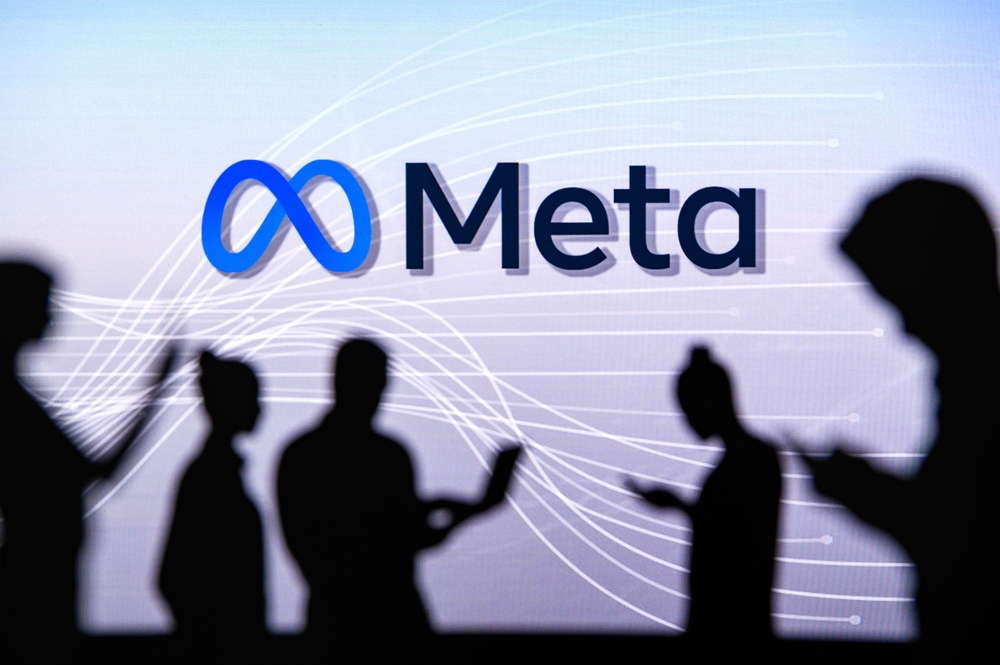Meta has unveiled a new AI tool, CodeCompose, designed to mirror the capabilities of GitHub’s Copilot.
The tool was revealed at an event highlighting Meta’s ongoing AI strategy, which also discussed custom-made chips for training AI models.
CodeCompose isn’t currently publicly accessible, but Meta disclosed that its in-house development teams already employ the tool.
Meta has also published a paper describing CodeCompose: “CodeCompose is based on the InCoder LLM that merges generative capabilities with bi-directionality. We have scaled up CodeCompose to serve tens of thousands of developers at Meta, across 10+ programming languages and several coding surfaces.”
Notably, CodeCompose is trained, tested, and validated on Meta’s own code database.
This includes frameworks and libraries developed in Hack, Meta’s programming language, ensuring the AI tool integrates these components into its coding recommendations.
As Michael Bolin, a Meta software engineer, described, “The foundation for the model rests upon public research from Meta. We’ve refined it specifically to cater to our unique internal necessities and coding databases.”
CodeCompose boasts 6.7 billion parameters, half offered by Copilot, a similar tool that GitHub offers in collaboration with OpenAI. However, more parameters are not always guaranteed to boost performance. According to Meta, its foundational training data is meticulously cleaned, vastly reducing the likelihood of the model suggesting erroneous code.
Since CodeCompose is trained on internal code, will it evade the lawsuits currently lodged against OpenAI’s potentially illicit use of users’ code?
Thus far, Meta’s stance on whether CodeCompose ingested licensed or copyrighted code remains nebulous.
However, they have admitted that “InCoder’s training involved collecting public code with specific licensing from platforms like GitHub and GitLab and also from StackOverflow.”
Meta continues antagonizing other AI companies by offering open-source models that enable individuals and corporations to build their models without cost. Monetizing AI is already proving tricky enough – and the release of every open-source model chisels away at potential profits.





